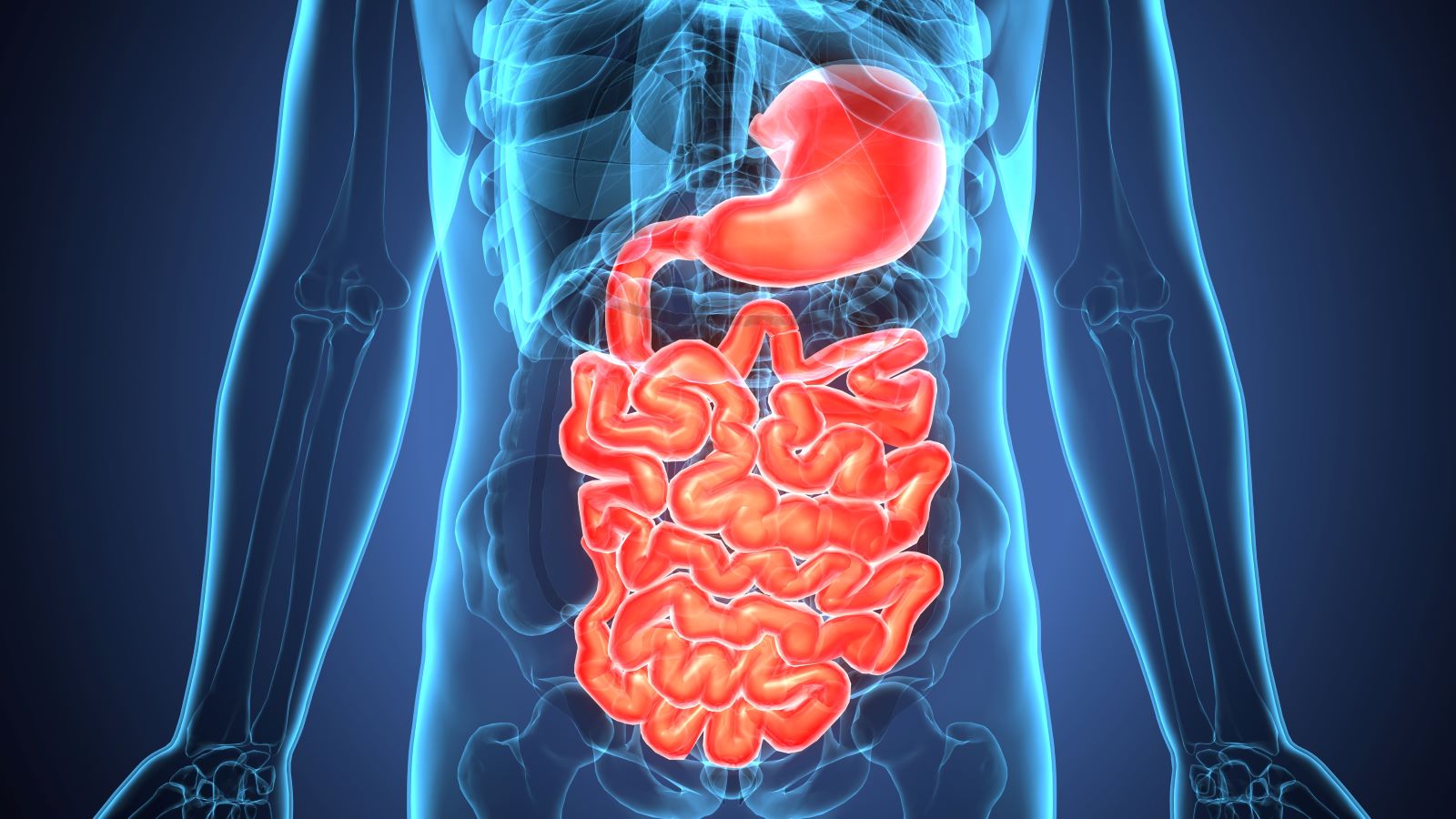<< Back
Risk Factors, Symptoms and Treatments for “C. diff”

March 30, 2023
Clostridioides difficile is a bacterium that causes an infection of the large bowel or colon. It is commonly referred to as C. difficile or C. diff and causes nearly 500,000 infections in the U.S. each year.
C. diff typically occurs after use of antibiotics for other reasons (e.g. sinus infection, dental infection, urinary tract infection). The symptoms include abdominal pains, diarrhea and fevers. Symptoms can be severe, resulting in life-threatening damage to the colon that requires surgical resection.
Paul Feuerstadt, MD, a gastroenterologist with Hartford HealthCare’s Digestive Health Institute, outlined the risk factors, symptoms and treatments.
“Within the colon there’s a wide array of micro-organisms that we see,” he says. “With C. diff, what happens is the individual will usually receive an antibiotic and then the good bacteria in the large bowel will get depleted, creating an environment where C. difficile can grow. When it grows, patients have a problem.”
Who’s at risk?
- Over age 65
- Women
- People receiving antibiotics
- Immunocompromised individuals
- Anyone who spends significant amounts of time in a hospital or skilled nursing facility
What are the symptoms?
- Abdominal pain
- Frequent, loose stools
- Fever/sweats
- Nausea
“The biggest problem, though, is recurrence. It’s estimated that up to 35% will have a recurrence of symptoms within eight to 12 weeks after they were treated correctly for it initially,” Dr. Feuerstadt says. “Of those, 45% will get it again, and then 60% of those. Patients get caught in a cycle of recurrence after recurrence after recurrence. This can put a huge burden on the patient both physically and psychologically.”
What are the treatment options?
“It’s important to remember there are two parts to this bacteria. One part causes the symptoms and we treat that part with antibiotics,” Dr. Feuerstadt says. The other part is more challenging to get rid of and we are reliant on regrowth of the good bacteria in our colon. Frequently, that regrowth is not strong enough, and a recurrence occurs.
There is also an approved procedure called fecal transplant, he says, “in which stool from a healthy person is given into a person who has this microorganism deficiency, and we heal the microbiome by doing that and prevent recurrence.”
Hartford HealthCare’s Digestive Health Institute is one of only a few centers offering fecal transplant as an option for patients.